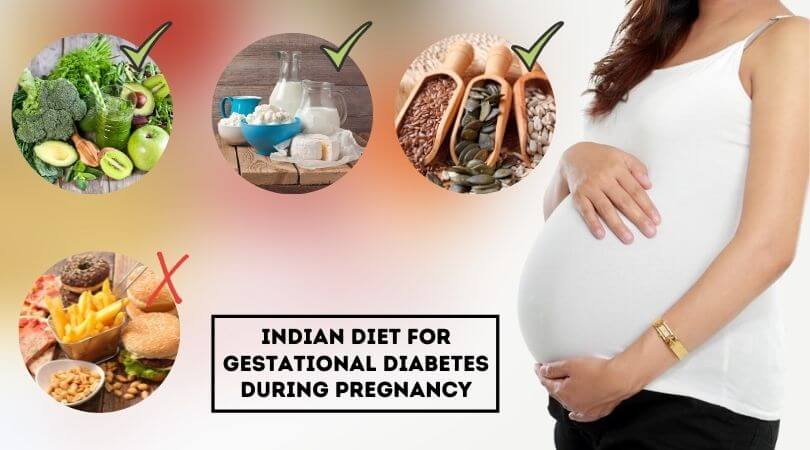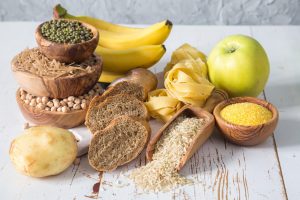
Pregnancy is the most beautiful time for a woman. But as the baby starts to develop there is a lot of concern for both mother and the baby’s health to avoid any complications and when it comes to gestational diabetes there will be lot of advices from everyone which can make the mother to be nervous. So, now let’s understand more about gestational diabetes.
Gestational diabetes is a condition which develops during pregnancy. In this condition, the body develops high sugar levels irrespective if mother was diabetic before pregnancy or not. In many cases, gestational diabetes goes away after the delivery of the baby but sometimes there are chances of developing Type 2 diabetes mellitus later in life.
This condition can occur during the end of second trimester. It is important for the doctor to test if there are any chances of developing gestational diabetes so that precautionary actions can be taken to minimize the risk and complications.
In such cases, a qualified nutritionist’s help is of utmost importance for dietary guidance.
Everyone in the house will tell you what to eat and what to avoid. So, do not rely on such information and visit a qualified nutritionist for better approach who can help you with your diabetes condition and will help in controlling your blood sugar levels.
Balanced eating or a diet including carbohydrates, protein, fats, vitamins and minerals in proper proportions are best for a gestational diabetic woman. Blood sugar levels rise if you eat too much of processed or high carbohydrate food. So, a qualified nutritionist’s job is to make you understand what foods are beneficial for you and what needs to be avoided according to your blood sugar profile.

Include foods rich in protein sources like eggs, dals/pulses, paneer, yogurt, soya chunks, fish, poultry that will in maintain the blood sugar profile. Fish, eggs, poultry are rich sources of protein and are low in fats which are important during pregnancy.

Avoid foods such as carbonated beverages, fried foods, alcohol, processed foods like packaged cereals, sweets, or high starchy foods like breads, buns, etc.
 In conclusion, a balanced diet is the key for gestational diabetic patient which includes complex carbohydrates, proteins, and healthy fats which will maintain the blood sugar profile of the mother and will avoid any chances of complications. Have frequent meals every 2-3 hours which will help in maintaining metabolism and reducing a spike in blood sugar levels. Always add one source of protein and fiber in each meal along with roti and sabzi.
In conclusion, a balanced diet is the key for gestational diabetic patient which includes complex carbohydrates, proteins, and healthy fats which will maintain the blood sugar profile of the mother and will avoid any chances of complications. Have frequent meals every 2-3 hours which will help in maintaining metabolism and reducing a spike in blood sugar levels. Always add one source of protein and fiber in each meal along with roti and sabzi.
Along, with your diet try to do any physical activity for at least 30-45 minutes that will help in improving insulin sensitivity and insulin resistance.
If you are confused about what to eat and avoid, always consult a qualified dietitian or nutritionist who would help you in deciding what foods are required by your body according to your health condition and requirement.
I’d love to learn more about you and how we can work together to get our healthy meals on the table.